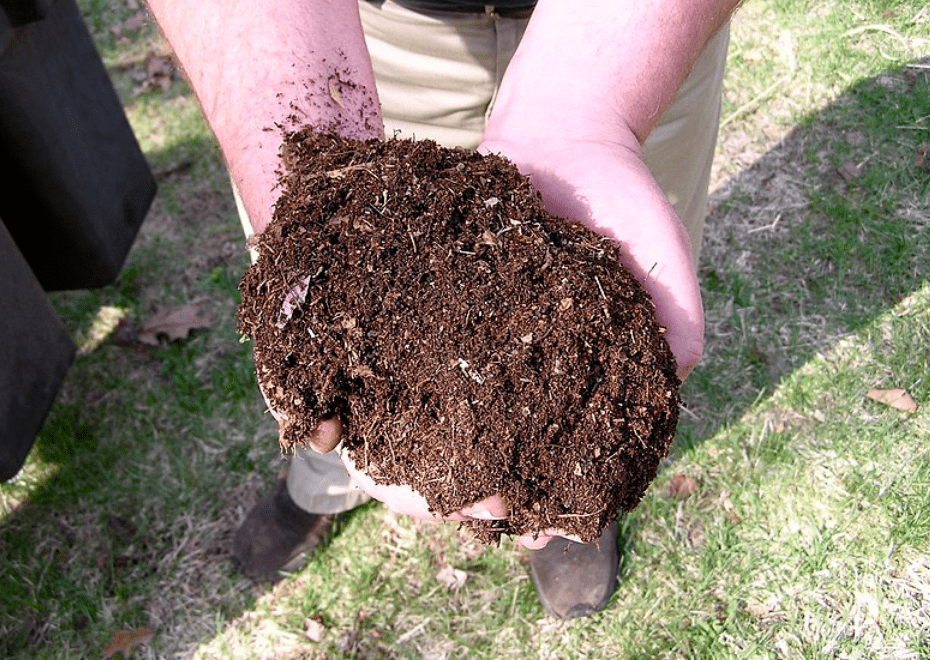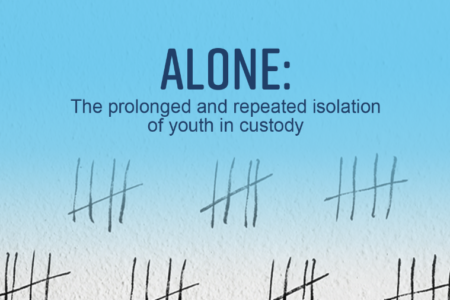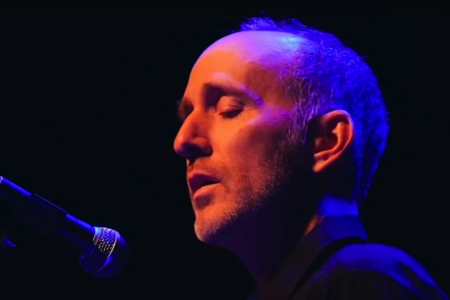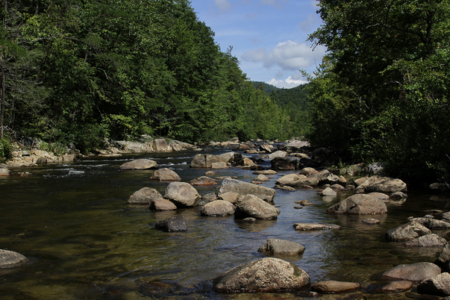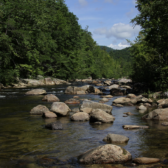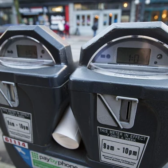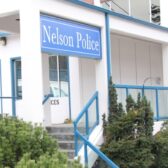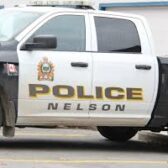Home composting program fueled by cash infusion as pilot project gains in scope
With a pocketful of grant money and no official launch date, the city is pulling the lid off of its small-scale pre-treatment organics pilot project and going large scale.
Over the next few months a vague launch of the home composting program — via the product called the FoodCycler — will begin with the first shipment of 1,600 home composting units before the end of the year.
A $700,000 “grant” will be used to fund the program that takes home waste organic matter and turns it into material ready for composting.
Organics will be collected from Nelsonites once the program is fully operational, but it could be some time before that happens.
“The program is in the design phase and the collection methods and details are under development,” noted a city staff report on the matter late last month.
A city press release claimed that if the program were successful, additional appliances would be rolled out to the rest of the city in 2024.
• People can sign up to receive a FoodCycler earlier than the planned roll-out (early adopter) through nelson.ca/organics.
Also afoot
Earlier this year the Grohman Narrows transfer area was slated by the regional district to receive an upgrade to accept organic waste.
Grohman Narrows could still be operational by the end of the year and could offer services to commercial haulers, allowing businesses and residents to drop off organics at a reduced fee (compared to garbage).
Almost half the organic waste currently being put in B.C. landfills is generated by the commercial sector. The RDCK is working to convince local commercial haulers, institutions and businesses to have organics diverted into the processing facilities.
The central composting facility near Salmo is constructed and will be operational by early spring 2023. The facility will receive both residential and commercial organics, including self-hauled material, collected pre-treated organics from Nelson, curbside organics from Castlegar, and the greater Trail areas of the Regional District of Kootenay Boundary (www.rdck.ca/organics).
This year the next phase of organics diversion could see the beginning of development of rural curbside collection.
Cost bump
In its budget discussions last December previous version of city council hiked the cost for curbside waste recovery by $25 to fund the organics diversion program.
That meant the cost per household for curbside service (including organics) was $105 (not including the capital costs).
The extra cash propped up the organics waste diversion program, building reserves for the service. The surplus is expected to go to the recycling reserve to fund capital components (pre-treatment device).
Overall, there was a $132,000 increase to the service budget in 2022.
Long time running
Four years ago the investigation into curbside compost collection in Nelson began, after the regional district brought forward the idea of diverting the waste.
An RDCK Joint Resource Recovery meeting that year revealed the opportunity to apply for funding through the provincial Organic Infrastructure Program Fund (OIP) to set up a regional composting program and a compost processing facility.
At the time the city disputed some of the assumptions the RDCK made around curbside collection without actually knowing the real consequence and circumstance in the city regarding garbage collection.
“I do not believe our community produces garbage at a rate similar to our neighbouring communities and they assume that we do without even knowing our community,” said Nelson city manager Kevin Cormack.
He thought the regional district should develop a study on how many people from Nelson were actually dumping garbage at the transfer station. The authors of the regional district report noted that the total tonnage of residential garbage collected at the curb in Nelson (626 tonnes in 2017) was low, as much as a third lower than neighbouring municipalities.
“This could be attributed to the proximity to the Grohman Narrows Transfer Station for residents who prefer to self-haul their garbage between the scheduled bi-weekly collection days, coupled with a reluctance to pre-purchase disposal tags and the bags,” the RDCK staff report at the time read.
Anecdotal evidence from transfer station staff estimated that over one third of users bringing household waste to the facility were Nelson residents, the regional district report noted.
“But that is pretty critical in a number of assumptions that they are making,” Cormack pointed out.
The discussion was the beginning of Nelson’s quest to deliver its own curbside service, and the regional district setting up its own region-wide service.



